Grant investigator: Heather Youngs
This page was reviewed but not written by the grant investigator. Arizona State University staff also reviewed this page prior to publication.
The Open Philanthropy Project recommended a multi-year grant of $7,421,402 to Arizona State University to support a canine clinical trial assessing the effectiveness of a multivalent, preventative cancer vaccine. The trial will test the cancer-prevention efficacy of a multi-valent frameshift peptide (FSP) vaccine, developed by Dr. Stephen Albert Johnston, in healthy, middle-aged pet dogs.1 The trial will be conducted under the direction of Dr. Douglas Thamm, Director of Clinical Research at the Flint Animal Cancer Center at Colorado State University.2 The dogs will live their normal lives at home and receive biannual exams with a complete clinical pathology workup, and each owner whose dog develops cancer during the trial will be given a credit toward medical expenses. Cancer will not be induced in dogs in the study, which will only test the effectiveness of the vaccine against naturally occurring cancer. If successful, this trial would provide strong support for the concept of employing FSP vaccines to prevent cancer in the early stages, possibly lead to a canine cancer vaccine, and could eventually justify human clinical trials for both treatment and prevention. The funding will be split into an initial payment to support trial set-up and recruitment, and if successful, additional payments will be released to fund all aspects of the trial including examination, vaccination, and follow up over five to seven years.
We consider this a high-risk project with an unusual opportunity for high impact as it could possibly reduce the incidence of cancer and cancer metastasis. We believe cancer preventative vaccines have a higher expected value than curative cancer therapies, since an effective vaccine would likely be a less expensive way to provide decades of healthy life compared to current cancer therapies, which often only extend life for a few months or years. We also believe cancer vaccines would be tractable in developing countries, which have a high cancer burden.3 FSP vaccines are particularly attractive compared to other proposed cancer vaccines because they may work against many cancer cell types.
Additionally, we believe the study is appropriate and necessary to test the hypothesis, do not see anything similar in the literature or in current clinical trials, consider the trial team well-qualified, and believe the project would be unlikely to be funded through other mechanisms.
This grant falls within our work on scientific research, and was identified through our 2016 NIH Transformative Research Award RFP.
| DOCUMENT | SOURCE |
|---|---|
| Margaret Chan, World Health Organization, September 2010 [archive only] | Source |
The grant amount was updated in June 2024.
